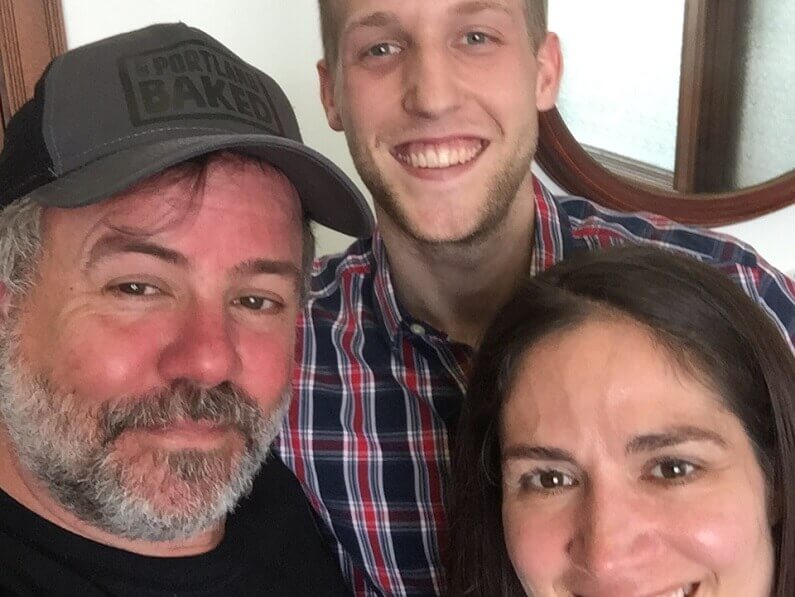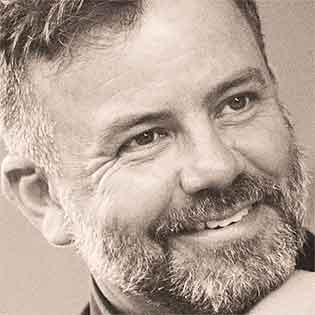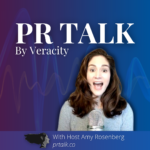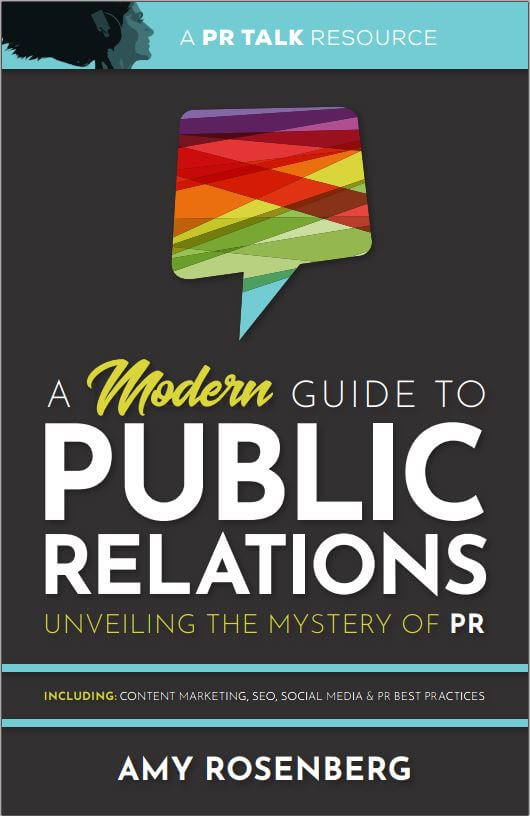Byron Beck: Influencing the Influencers in the “Karaoke Age of Journalism”
You could say that Byron Beck was an “influencer” before social media influencers were a thing. Today they are all the rage, especially known to those of us who are trying to sell or market something. Companies will send products to people with large followings and ask them to endorse them on their blogs or through social media. Mission-focused organizations will try to sway these influencers into becoming loudspeakers for their cause.
The man-about-town built up a reputation for knowing the best up-and-coming nightspots, where to be seen and frequently spotting A-List celebrities. When asked about how his infamous “star-dar” has remained infallible, Byron says that success in anything is inevitable when your eyeballs aren’t constantly glued to your iPhone. However, we’re sure that a curious nature and anything-goes attitude has also served him well in this arena.
His influencer status began as The Downtowner’s social columnist, an occasional columnist at The Oregonian and Willamette Week’s “Queer Window” columnist — where according to Byron, he was “paid to be gay.” Later a blog and social profiles that would track celebrity sightings, events and Portland hot-spots. became Byron’s realm. Savvy PR people with hip and happening clients know that it’s more beneficial to get Byron Beck to say something about what you’re slinging than having a traditional media figure do it for you (snooze altet!).
Even without a currently working website, which Byron jokes has been “hacked by the Russians,” he shows up regularly to media appearances today to tell us where to eat, drink and party! Nontraditional media are taking notice as well, with Byron playing a part in a locally-produced short about Portland’s food cart scene, called Food Cart no less, to be released in late September. Oh, and he hosts his own podcast PDXISH.
Again, Byron’s influencer status occurred organically, before “regular” people were ever paid to parade things before the public. However, the notion that Byron is a “regular” guy is laughable. He had us so entertained throughout this podcast, you really have to listen yourself.
He frequently turns the tables on us during the interview — asking multiple questions which we try answering, only to be diverted by Byron’s ever-present change of direction. We learn that Byron grew up in The Dalles and even spent a few years living in a trailer as a kid. This past experience kept him humble while interviewing Portland socialites and leading a glamorous life. He eventually made his way to Portland, by way of Seattle, with aspirations of being a dancer. He still gets to sporadically fulfill this dream during his recreational Go-Go dancing pursuits as a recent “Daddy Bear” at Tonic Lounge for Daddybone.
Byron sprinkles PR tips and journalism commentary throughout the interview. I’ve condensed the main points below for those of you who operate with just the facts. However, where is the fun in that? If you are a local PR professional, you’ve probably got your head down all day. Give yourself a break and let Byron amuse you with notions of how Portland has changed, a bit of political banter and an upcoming move to Paris. You may even learn what Connor wanted to be when he grew up.
“The Karaoke Age of Journalism”
Byron warns that we’re seeing the end of independent and investigative journalism. The dwindling amount of journalists who can actually make a living today among steadily declining resources is causing a slow dismissal of the journalist’s current standing. Byron believes this is because everyone thinks they are journalists now, hence Byron’s phrase “Karaoke Journalism.”
Byron’s Pet Peeves
Coming from a guy who still “gets 3 million PR pitches a day,” this is important.
- PRs can often come across as thinking they are better than ‘us’ with phrases such as:
- “When can I expect to see this?” Byron feels that this holds them accountable to something they never asked for. I did politely explain why we might ask this but this qualm is good for us to know so we can ask more tactfully in the future.
- “And how many followers do you have?” It should be quite obvious how rude this question could appear. I think you can easily discover this on the sly.
- Some press releases & pitches give off the vibe that PRs are writing the story for the journalist, essentially saying “here is how I want it to look.”
- PRs can also come across as viewing journalists as a conduit to getting what they want. As the ultimate “people person” field, it seems that the manners our mothers taught us may need refreshing.
- PR is a relationship business. Byron advises against always starting with a pitch and tells us to make connections first. According to Byron, the world needs content and there’s enough of it to go around so relationships will win you coverage in the end.
How to Send a Press Release
- Include a name and contact info within the correspondence because journalists are comforted in knowing they can talk with a human involved if need be.
- If you must send your press release as an attachment, please also paste the PR copy in the email message as well. Byron argues that people don’t like to read their email, so opening an attachment is the last thing journalists will want to do.
- Bcc’ing all the journalists in your database through a group email is like saying each journalist in that group doesn’t matter. Duh.
- Supply art or a photo that illustrates what you are trying to say.
Somewhere in the discussion, Byron mentioned that he doesn’t think people look at blogs anymore. I said that I think people see what their friends are commenting on and sharing on social media and then go to the blog from there, possibly resulting in a follow or like on Facebook. Byron disagreed. What do you think? Do you go to blogs? Let us know in the comments below, on our Facebook page, or via your favorite podcasting app:
About the guest: Byron Beck
Byron Beck is a celebrated journalist, commentator, radio host and television personality. He is deeply connected to multiple communities across Oregon, including entertainers, entrepreneurs, restaurateurs, political leaders, media executives and civil rights groups. “Byron is a classic connector in the Malcolm Gladwell sense of the phrase,” wrote Inside Portland Magazine. “On any occasion you might see him breaking bread with the governor, hosting a political event, having coffee with a famous actor or musician, chatting with a prominent business executive or conspiring with a nonprofit leader to promote some worthy cause. Byron is the most socially adept journalist in the history of our city.” A long-time contributor to Willamette Week, Byron is an accomplished journalist who wrote and edited articles for CityPASS, The Downtowner, Eater, Explore The Pearl, Just Out, GoLocalPDX, In Touch Weekly, The Oregonian, OK Magazine, Out Hawaii, Paper Magazine, Portland Monthly, PQ Monthly and other publications. He won multiple awards from the Association of Alternative Newsweeklies and the Society For Professional Journalism.
Connect and follow Byron on social media:










